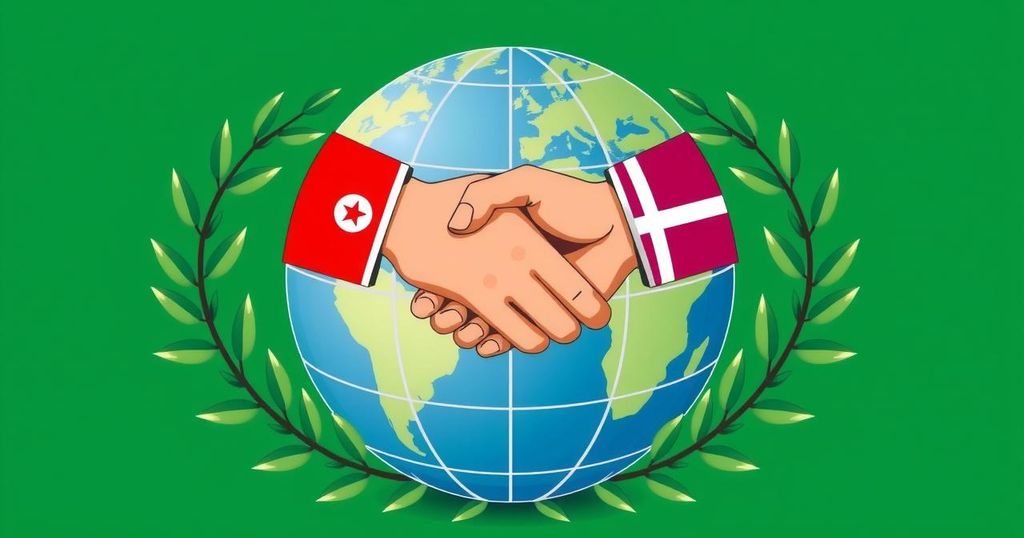Escalating Hostilities in the Israel-Iran War and Implications for Regional Stability
The Israel-Iran War has intensified, leading to significant military casualties on both sides. Recent Israeli airstrikes in Lebanon have resulted in several fatalities, with claims emerging that Hezbollah’s late leader Nasrallah agreed to a ceasefire prior to his death. The humanitarian crisis deepens, prompting Japan to prepare for the evacuation of its citizens amid ongoing hostilities.
The ongoing conflict between Israel and Iran has escalated significantly, particularly in southern Lebanon, where Israeli forces have reported multiple soldier fatalities due to Hezbollah attacks. The latest developments indicate that at least seven Israeli military personnel were killed on Wednesday alone amidst the continued ground incursion. Following this, Israel launched airstrikes targeting Hezbollah positions in Beirut, resulting in the deaths of at least six individuals, marking one of the deadliest days in the recent conflict’s history. This conflict has intensified in retaliation to Iran’s missile strikes against Israel, which have raised concerns about a broader regional war. Meanwhile, the Lebanese Foreign Minister, Abdallah Bou Habib, disclosed that the late Hezbollah leader, Hassan Nasrallah, had agreed to a ceasefire with Israel shortly before his death from an Israeli airstrike. The Minister emphasized that Lebanon had consulted with Hezbollah regarding this decision and communicated it to U.S. and French representatives. As the violence continues, the humanitarian impact is also severe, with thousands displaced and seeking refuge. Notably, Beirut’s Skybar, once a hub for nightlife, has been transformed into a shelter for those uprooted from their homes by the ongoing airstrikes. Moreover, the Houthi rebels in Yemen claimed responsibility for a drone attack targeting Tel Aviv, although no confirmation has been made by Israeli authorities. In response to the increasing insecurity, Japan has initiated preparations for an airlift of its citizens currently in Lebanon, deploying military aircraft to aid in their safe evacuation.
The Israel-Iran conflict is characterized by a complex array of geopolitical tensions, deeply rooted in historical animosities and territorial disputes primarily involving Israel, Iran, Hezbollah, and Hamas. The situation has been exacerbated by recent military actions, including airstrikes and missile launches, which contribute to instability in the region. The role of foreign states, such as the United States and Japan, in facilitating ceasefire negotiations and the evacuation of their nationals illustrates the international dimensions of this prolonged conflict. The humanitarian crisis resulting from military engagements has prompted emergency responses, drawing attention to the plight of displaced individuals and civilians affected by hostilities.
In summary, the conflict between Israel and Iran is reaching a critical juncture, with severe military engagements resulting in substantial casualties and wider implications for regional stability. The recent claims of a ceasefire agreement by the Lebanese Foreign Minister, coupled with the escalating violence including airstrikes and retaliatory attacks, underline the necessity for renewed diplomatic efforts to address the crisis and mitigate the humanitarian fallout. International responses, including potential evacuations, reflect the urgent need for protective measures for citizens endangered by conflict.
Original Source: www.moneycontrol.com




Post Comment